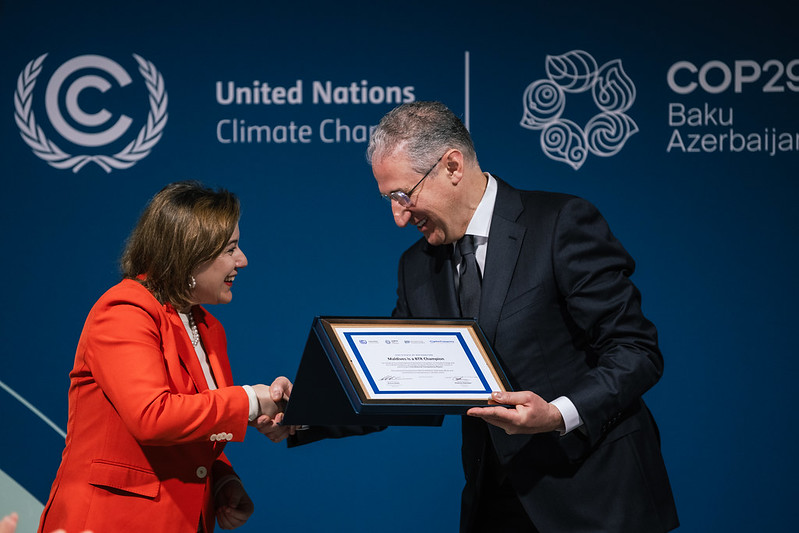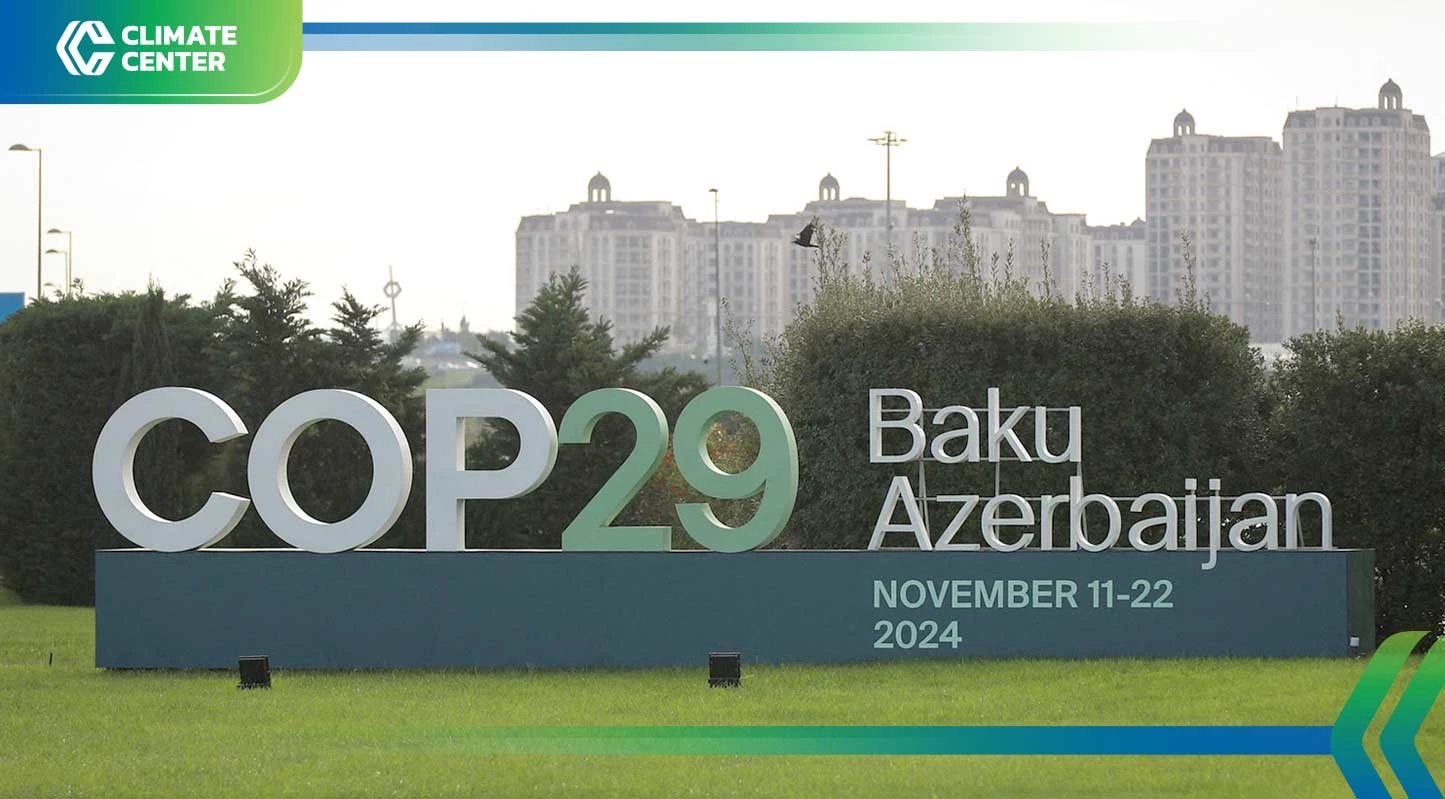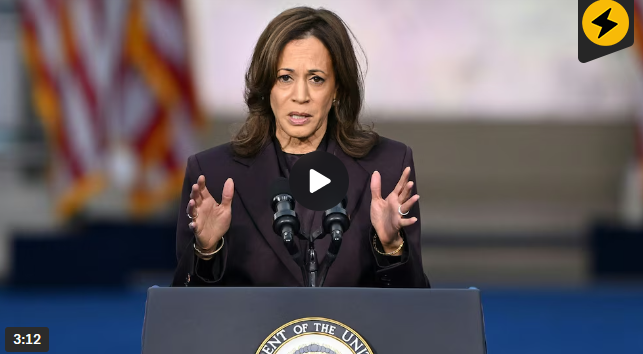Ghana’s economic outlook positive –Razia Khan

The Chief Economist for Africa at Standard Chartered Bank, Razia Khan, has painted a positive economic outlook for Ghana, but said the country should continue to build resilience against potential shocks.
Speaking at a meeting with journalists in Accra, Ms Khan said while Ghana’s economy and its export base were still relatively diversified, there was the need to watch out for potential risks.
Ms Khan said Ghana was heading into the right direction with the reforms under the Extended Credit Facility (ECF) programme of the International Monetary Fund (IMF) and called for the institutionalisation of the reforms going forward.
“It is on the right road. It is headed in the right direction; the progress is still going to be monitored for another year. There is a lot that Ghana needs to do to properly institutionalise such reforms,” she said.
Ms Khan said Ghana really stood out among sub-Saharan African peers in economic performance and attributed that to the reforms the country was undergoing.
However, she said, the public debt-to-GDP ratios remained high and there was the need for the country to keep to the course of fiscal transformation, fiscal sustainability, and public debt sustainability.
“A lot of good has been achieved, and there’s still a great deal that needs to be done,“ she said, adding that a way out of the high debt to GDP ratio was either to bring down that debt to GDP ratio overtime through an extraordinary expansion or to ensure that expenditure was less than revenue.
“Ghana no longer has the space to be spending much more than it is earning in revenue. It now has to earn more revenue than it is spending to be able to bring that debt-to-GDP ratio down over time,” Ms Khan said.
She said government needed to take a look at effectively growing the different sectors of the economy, especially, sectors that were contributing in a significant way to tax revenue, and where there was fiscal scope for improvement.
“One of the points that has been made is that even with the existing tax structure, compliance is an issue. When that tends to be the case, the answer may not be to raise the rates of that particular tax. It is much more likely to be how you widen the tax net. How do you improve compliance?”
She said regardless of the GDP rebasing, there would still be the need to focus more on improving revenue generation as the amount that was spent on interest payments was still high relative to the revenue that is collected
Ms Khan said the GDP rebasing would only help bring greater clarity “on what constituted the economy, which other sectors that are growing, how do they operate in relation to each other, and that should help with the revenue mobilisation exercise overall.”







